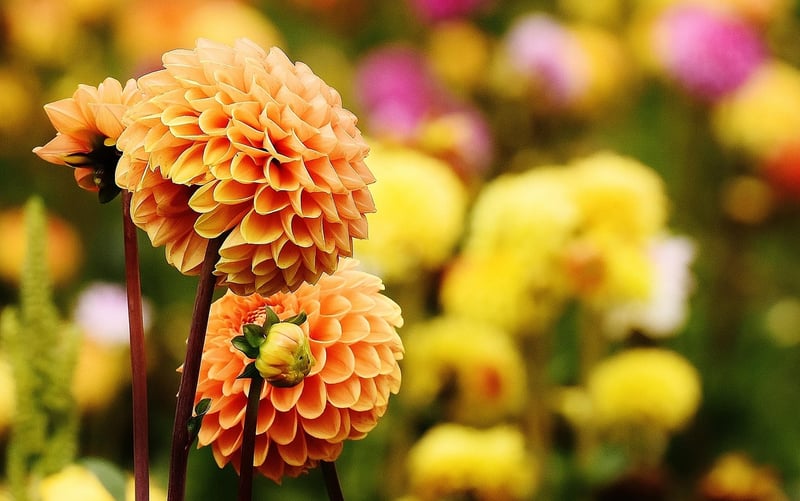Outdoor Gardens
Tips for Healthy Plants in Your Outdoor Garden
Welcome to our guide on maintaining healthy plants in your outdoor garden. Whether you are a seasoned gardener or just starting, these tips will help you nurture your plants and create a thriving garden oasis.
1. Choose the Right Plants
Before starting your garden, research which plants are suitable for your local climate and soil conditions. Selecting the right plants will ensure they thrive and require less maintenance.
2. Provide Adequate Sunlight
Most plants require sunlight to grow and flourish. Ensure your garden receives the appropriate amount of sunlight based on the plant's specific needs. Be mindful of shade patterns and adjust plant placement accordingly.
3. Water Regularly
Watering is crucial for plant health. Develop a watering schedule based on the plant type, weather conditions, and soil moisture levels. Over-watering or under-watering can be detrimental to plant growth.
4. Use Quality Soil and Fertilizers
Healthy plants start with good soil. Invest in quality soil that provides essential nutrients for plant growth. Additionally, consider using organic fertilizers to promote healthy soil and plant development.
5. Control Pests and Weeds
Regularly inspect your plants for pests and weeds. Implement natural pest control methods and weed management strategies to prevent damage to your garden. Avoid harsh chemicals that may harm beneficial insects.
6. Prune and Trim Regularly
Pruning and trimming help maintain plant shape, improve air circulation, and encourage new growth. Remove dead or damaged branches to promote overall plant health and vitality.
7. Monitor Plant Health
Keep an eye on your plants for any signs of disease, nutrient deficiencies, or stress. Address issues promptly to prevent further damage and ensure the well-being of your garden.
8. Mulch for Moisture Retention
Applying mulch around plants helps retain moisture, suppress weeds, and regulate soil temperature. Choose organic mulch options like wood chips or straw to enhance soil health.
9. Rotate Crops
If you have a vegetable garden, practice crop rotation to prevent soil depletion and minimize pest infestations. Switching plant locations annually can improve soil fertility and overall plant health.
10. Enjoy the Process
Gardening is a rewarding journey that allows you to connect with nature and experience the joy of watching your plants grow. Take time to relax in your garden oasis and appreciate the beauty of your hard work.

By following these tips and dedicating time to your outdoor garden, you can create a vibrant and healthy environment for your plants to thrive. Happy gardening!
